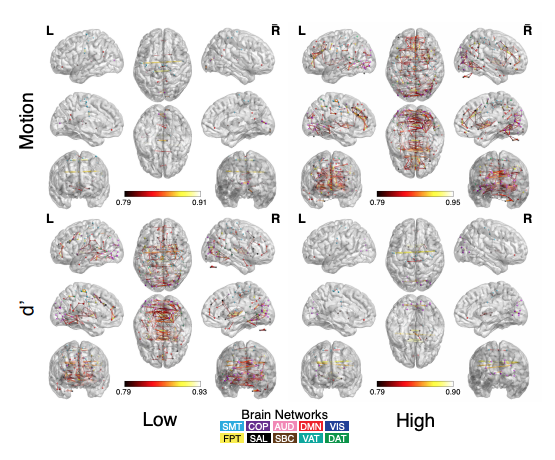
Spatial extent inference (SEI) is widely used across neuroimaging modalities to adjust for multiple comparisons when studying brain-phenotype associations that inform our understanding of disease. Recent studies have shown that Gaussian random field (GRF) based tools can have inflated family-wise error rates (FWERs). This has led to substantial controversy as to which processing choices are necessary to control the FWER using GRF-based SEI. The failure of GRF-based methods is due to unrealistic assumptions about the spatial covariance function of the imaging data. A permutation procedure is the most robust SEI tool because it estimates the spatial covariance function from the imaging data. However, the permutation procedure can fail because its assumption of exchangeability is violated in many imaging modalities. Here, we propose the (semi-) parametric bootstrap joint (PBJ; sPBJ) testing procedures that are designed for SEI of multilevel imaging data. The sPBJ procedure uses a robust estimate of the spatial covariance function, which yields consistent estimates of standard errors, even if the covariance model is misspecified. We use the methods to study the association between performance and executive functioning in a working memory fMRI study. The sPBJ has similar or greater power to the PBJ and permutation procedures while maintaining the nominal type 1 error rate in reasonable sample sizes. We provide an R package to perform inference using the PBJ and sPBJ procedures. Vandekar et al. (2019)